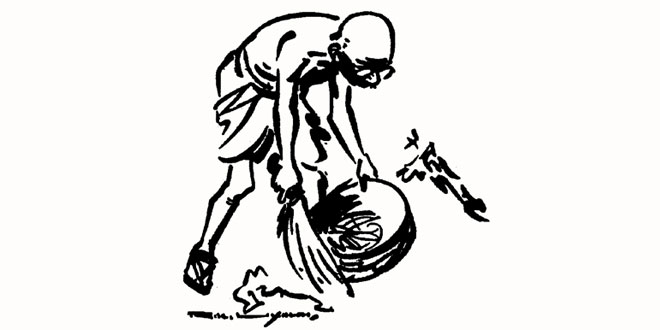Question: What are the seven rights stated in the Indian constitution?
Answer: The seven fundamental rights are:
- Right to equality
- Right to freedom
- Right against exploitation
- Right to freedom of religion
- Cultural and educational rights
- Right to constitutional remedies
- Right to Life and personal liberty
Question: Mention 4 untouchable practices.
Answer: Some untouchable practices are:
- Segregation in seating and food arrangements in village functions and festivals
- Prohibited from entering into village temples
- Separate burial grounds
- No access to village’s wells and ponds.
Question: What is the Scheduled Tribes and Other Traditional Forest Dwellers (Recognition of Forest Rights) Act, 2006?
Answer: The central government passed the Scheduled Tribes and Other Traditional Forest Dwellers (Recognition of Forest Rights) Act, 2006. The Act states that the injustice meted out to the Adivasis must be undone. This Act recognises their right to their homestead, cultivable and grazing land and to non-timber forest produce. It points out that the rights of forest dwellers include conservation of forests and bio-diversity.
Question: How did the Dalits assert themselves?
Answer: The Dalits asserted themselves and sort the help of law to fight discrimination.
In the late 1970s and 1980s in parts of South India the Dalits asserted themselves by refusing to perform their so-called caste duties and insisted on being treated equally.
Adivasi people successfully organised themselves and demanded equal rights, and for their land and resources to be returned to them.
Dalit groups demanded new laws that would list the various sorts of violence against Dalits and prescribe stringent punishment for those who indulge in them.
 Class Notes NCERT Solutions for CBSE Students
Class Notes NCERT Solutions for CBSE Students


